Welcome to wellbeing! This section of the Living Well website is our favourite — it’s where we focus on improving mental health and wellbeing, building resilience, and improving self care and helpful coping skills.
At Living Well we are committed to supporting people to live fulfilling, caring, connected, active lives. We are not just about focusing on managing symptoms, but improving mental health. For us, “living well” means putting your life on the agenda. We also believe that “being well” is something you do, as opposed to something you are. While many people consider a state of wellbeing to be the final stage of recovery, we consider it the very first step.
“Being well” is something you do, as opposed to something you are.
So when people come and visit us at Living Well to get some support and work through issues, this is often how we begin. When you look at what you can do to improve your wellbeing, and make the time to engage in these behaviours, you are automatically improving your ability to cope with stress and difficulties. You are giving yourself a solid base from which to take further steps forward.
It isn’t easy
Depending on your current mental state, placing a focus on wellbeing in this way can be difficult. It often means making a conscious decision to engage in activities and behaviours you might not yet feel ready to do. It also means making a personal commitment to maintain changes that are an every-day struggle.
In highlighting the importance of the wellbeing strategies listed here, we recognise that what we are suggesting is not easy at all.
It may help to keep in mind that, in the case of mental and physical wellbeing, “feeling it” almost always follows “doing it.” This is shown again and again in the research and in our practice.

Recovery and resilience do not reflect simply the absence of problematic symptoms, but rather a zest for life; a positive conceptualisation of ones self; the ability to form positive, supportive, and safe relationships; and the ability to achieve a fulfilling quality of life.
McMAckin, Newman, Fogler, & Keane. (2012)
By placing a focus on wellbeing there is no presumption that problems will disappear — that’s not possible. Everyone, whether they have experienced sexual violence or not, will confront problems and have to deal with them. Rather, what putting an emphasis on living well does is encourage you to put energy into identifying and doing things that are important to you, spending time with people you care about, and engaging in activities that fit your defined life purposes.
Not surprisingly, an experience of sexual violence can derail you from these things. It can make you lose sight of where you are or even who you are. Rather than centering on the experience of abuse in your life, its impact on you, or examining how you have coped with its effects, this section is very much about you and how you live your life.
Wellbeing articles
Being a man
Mental health
Grounding exercises
Pleasant activities to do
Problem solving
Unhelpful thinking patterns
Living by your values
Expectations and making changes
Why you might think about getting a pet
How music can support your well-being
Self help resources
5 steps to mental wellbeing
Connect with others
Get active
Keep on learning
Give to others
Be aware of yourself and the world
Inspiration
Affirmations
Inspirational quotes
Good physical health
Healthy living for men
Eating well
Exercise
Sleeping well
What is mindfulness
Creating your own mindfulness exercise
- 1. Introduction to mindfulness
- 2. Mindfulness of the external world
- 3. Eating mindfulness
- 4. Walking mindfulness
- 5. Breathing mindfulness
- 6. Body scan
- 7. External world and breath
- 8. Mindfulness of thoughts
- 9. Thoughts sensations and emotions
- 10. Self compassion mindfulness
- 11. Mountain meditation
- 12. Alternate nostril breathing
- 13. Mindfulness of physical discomfort
- 14. Mindfulness of difficult thoughts
- 15. Empty bowl meditation
Relaxation exercises
- 1. Audio relaxation strategies
- 2. Muscle tense and release
- 3. Breath hold and release
- 4: Abdominal breathing
- 5: Progressive muscle relaxation
- 6: Slowing down breathing
- 7: Guided visualisation
Living a full life
We all benefit from having a variety of strategies to manage difficult times and enhance our emotional well being. The following web resource from the RMIT University Counselling Service was designed to support university students to manage during stressful times. However the information, worksheets and podcasts are well put together and useful for anyone looking to live a full and active life.
Website: Support for living a full and active life
Reference: (1) McMAckin R.A., Newman E., Fogler J. M., & Keane T.M. (2012) Trauma therapy in context: the science and craft of evidence based practice. American Psychological Association: Washington.






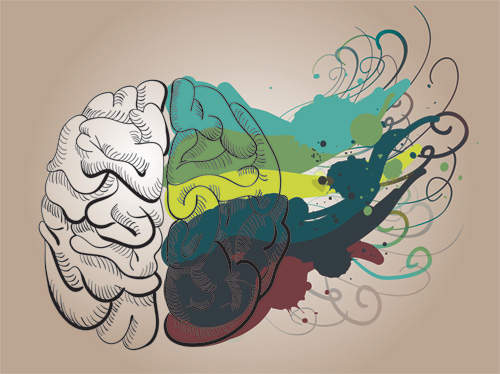


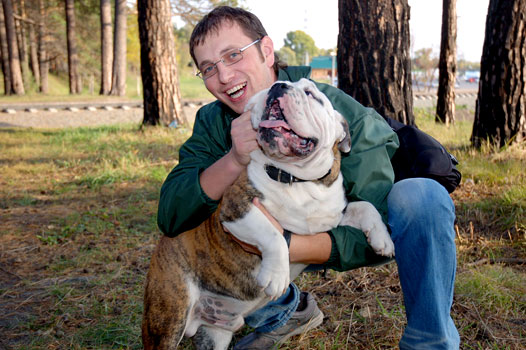

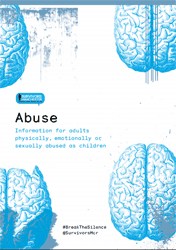

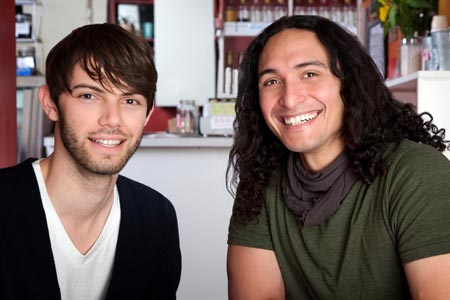
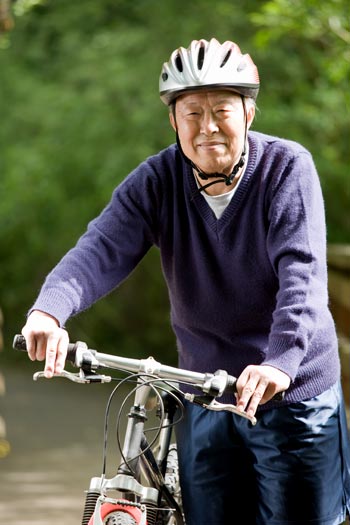



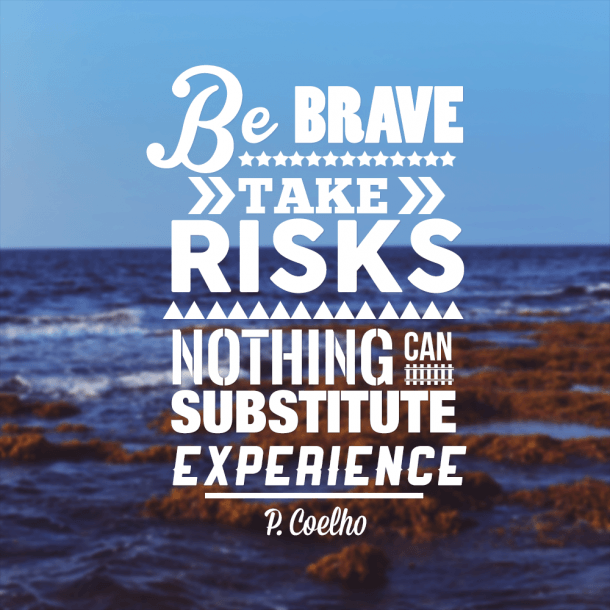

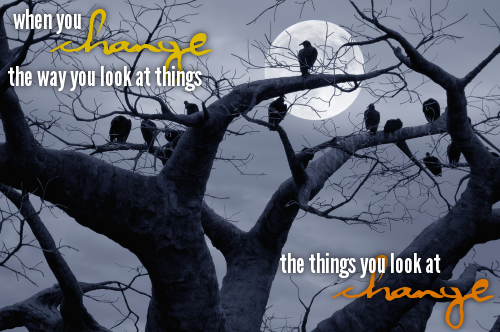






Leave a reply